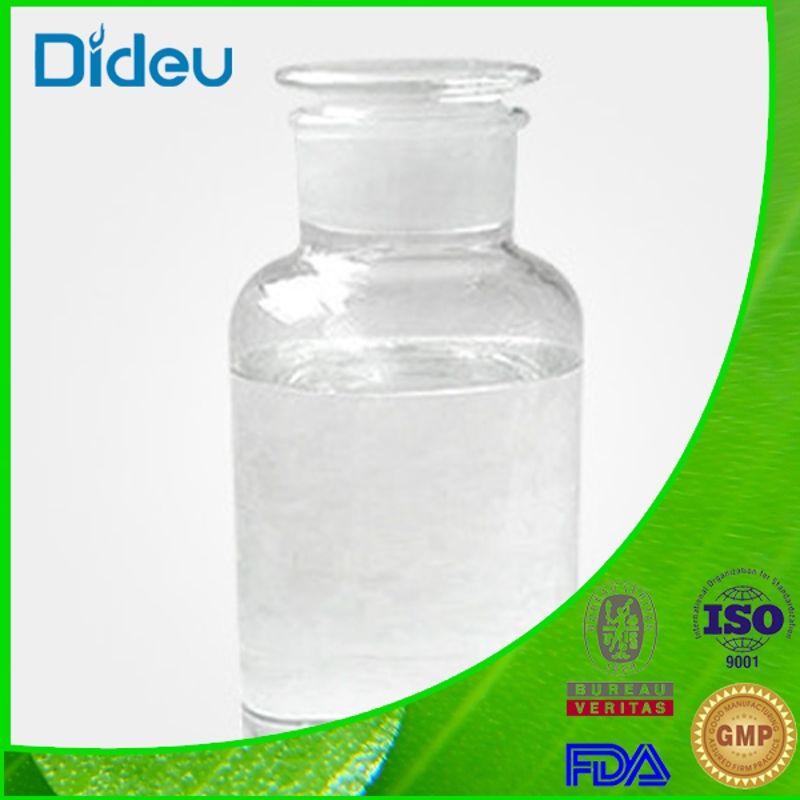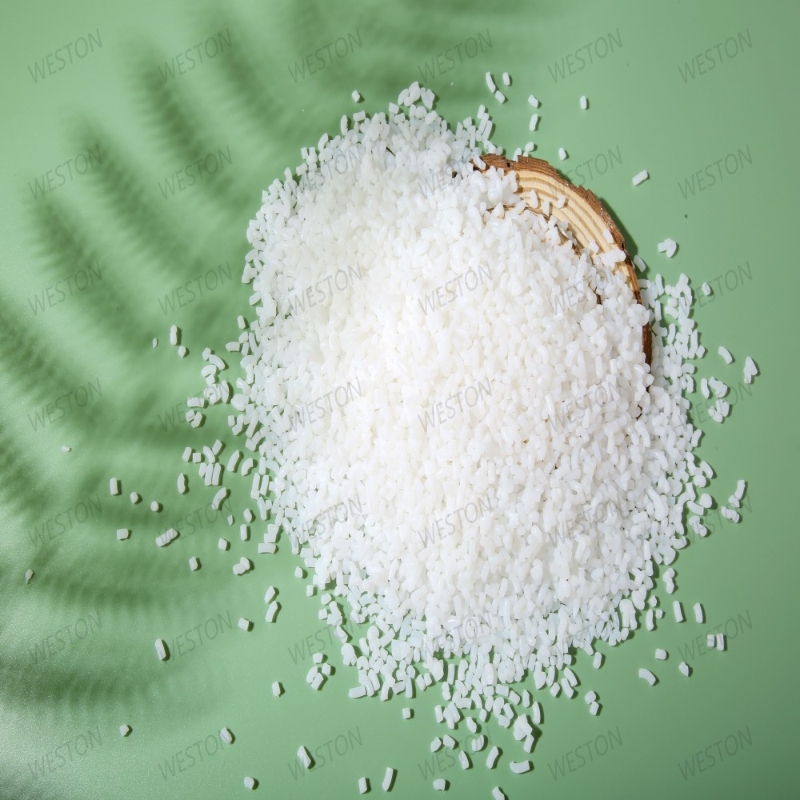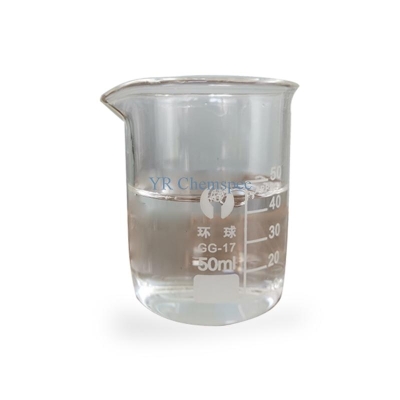-
Categories
-
Pharmaceutical Intermediates
-
Active Pharmaceutical Ingredients
-
Food Additives
- Industrial Coatings
- Agrochemicals
- Dyes and Pigments
- Surfactant
- Flavors and Fragrances
- Chemical Reagents
- Catalyst and Auxiliary
- Natural Products
- Inorganic Chemistry
-
Organic Chemistry
-
Biochemical Engineering
- Analytical Chemistry
- Cosmetic Ingredient
-
Pharmaceutical Intermediates
Promotion
ECHEMI Mall
Wholesale
Weekly Price
Exhibition
News
-
Trade Service
Although lithium-ion batteries are the main force of energy storage today, there are still many research groups and manufacturers trying to find more stable and effective energy storage technology than lithium batteries, the US Department of Energy's National Renewable Energy Laboratory (NREL) has recently successfully developed magnesium solid-state batteries, and the battery prototype energy density and material cost are better
than lithium-ion batteries.
It stands to reason that battery ions can flow between the positive and negative electrodes through the electrolyte, and power the battery through an electrochemical reaction, and the reaction must be reversible, otherwise the battery cannot be charged, but the carbonate electrolyte in the magnesium battery is easy to form a barrier layer on the magnesium surface during the charge and discharge cycle, hindering the battery charging
.
Although magnesium can also be charged and discharged through a highly corrosive liquid electrolyte, if a corrosive electrolyte is used, magnesium batteries will not be able to operate at high voltages, and there are safety concerns
.
Researchers have successfully built a prototype magnesium solid-state battery, and the study has pointed out that the protected magnesium anode can also be charged in the carbonate electrolyte and can provide more energy
.
In addition, in addition to successfully developing a rechargeable magnesium battery, the research team also provides a solution to the incompatibility between the anode and the electrolyte and solves the limitations
of the cathode to ions.
Although lithium-ion batteries are the main force of energy storage today, there are still many research groups and manufacturers trying to find more stable and effective energy storage technology than lithium batteries, the US Department of Energy's National Renewable Energy Laboratory (NREL) has recently successfully developed magnesium solid-state batteries, and the battery prototype energy density and material cost are better
than lithium-ion batteries.
It stands to reason that battery ions can flow between the positive and negative electrodes through the electrolyte, and power the battery through an electrochemical reaction, and the reaction must be reversible, otherwise the battery cannot be charged, but the carbonate electrolyte in the magnesium battery is easy to form a barrier layer on the magnesium surface during the charge and discharge cycle, hindering the battery charging
.
Although magnesium can also be charged and discharged through a highly corrosive liquid electrolyte, if a corrosive electrolyte is used, magnesium batteries will not be able to operate at high voltages, and there are safety concerns
.
Researchers have successfully built a prototype magnesium solid-state battery, and the study has pointed out that the protected magnesium anode can also be charged in the carbonate electrolyte and can provide more energy
.
In addition, in addition to successfully developing a rechargeable magnesium battery, the research team also provides a solution to the incompatibility between the anode and the electrolyte and solves the limitations
of the cathode to ions.







